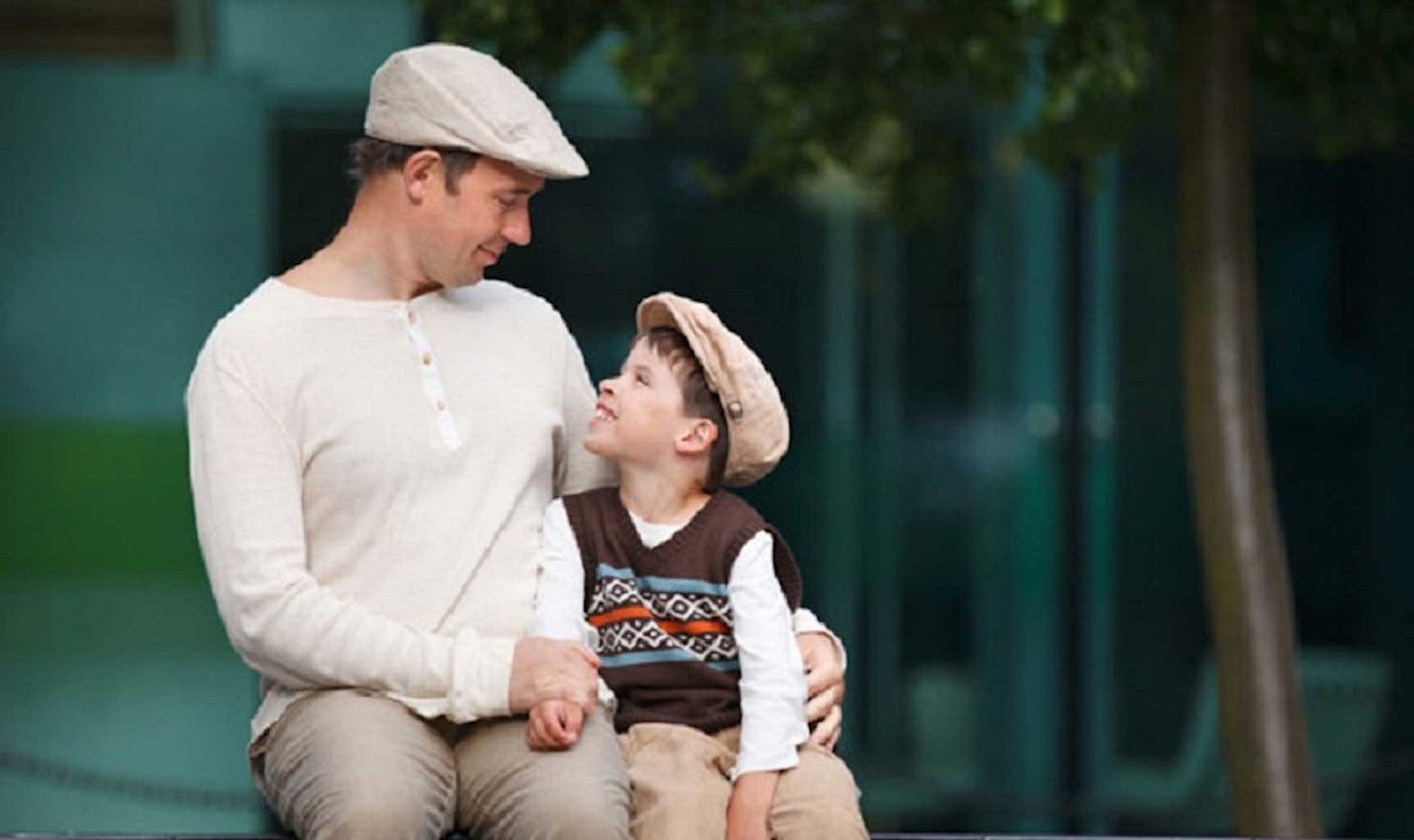I just slept on my desk. I don’t know why I felt so tired on a Saturday afternoon. Is that relevant to this topic? No. I’m just talking here.
Ok, here’s the deal.
I have a new nephew. For that, someone had to get pregnant (physically or conceptually) - in this case, my sister. So, yes, I have brothers and sisters.
BROTHER is a person of male gender born from the same parents (or with whom you have a special bond). SISTER is a person of female gender. Brother comes from the Latin word frater, but sister comes from the Old Norse systir.
When you talk about SONS and DAUGHTERS and there is the non-gender term CHILDREN, we have the same for brothers and sisters: SIBLINGS. The term sibling has existed in the English language for a long time, but it had a break: from 1425 to 1903, the term was not included in the English dictionary. Every now and then, scholars study the English language to review the vocabulary and grammar.
As I told before, I have a new nephew (yeah, I’m going to say it a lot of times!). NEPHEW (the son of a sibling) and NIECE (the daughter of a female) are words coming from Old French (neveu, nece). It’s funny to see this is a case where the French words were better-suited than the Old English ones.
Then I had a thought: “As SIBLINGS for non-gender-brothers-and-sisters-thing, is there something similar for nephews and nieces?”. Turns out there is!
NIBLING (a derivative of sibling) was created by Samuel Martin in 1951. Samuel Martin was a linguist and professor of Yale, specialized in Korean and Japanese.
It was an idea, but I never saw somebody using it. Maybe I should be the first.
Hey, did I tell you I have a nephew?






